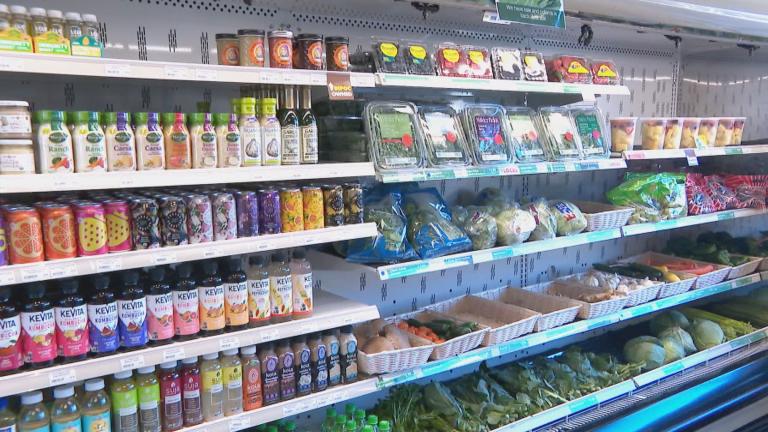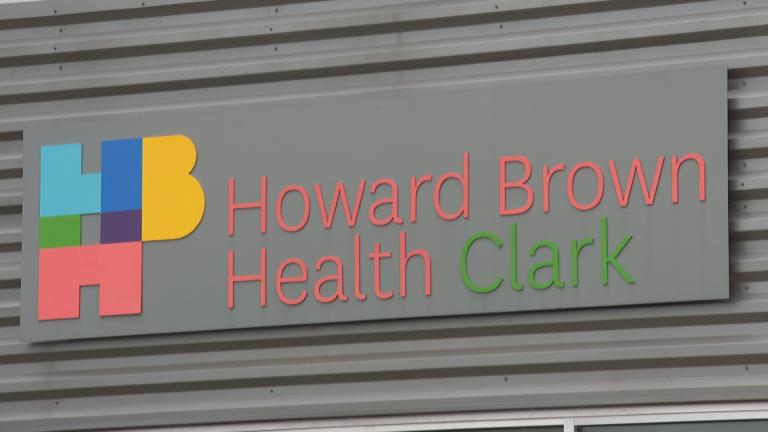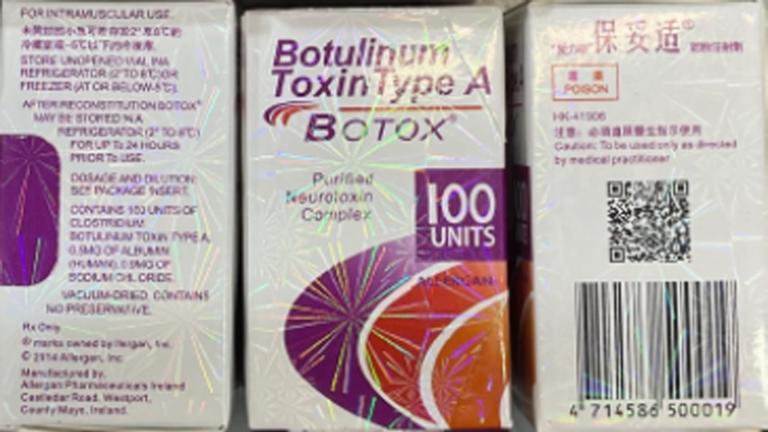The passage of the Inflation Reduction Act has brought relief to millions of Americans who depend on insulin every month. The law caps the cost of the diabetes drug for Medicare patients to just $35 per month.
Initially the bill was slated to cap insulin costs for all Americans, including those with private health insurance coverage. However, Republicans voted against the cap saying it wouldn’t comply with the budget reconciliation process.
The cost of insulin has been rapidly increasing over the years. According to the Health Care Cost Institute, between 2012 and 2016 the cost of insulin nearly doubled in the U.S.
One of the most used insulins to treat diabetes costs 10-times more in the U.S. than any other country. Pharmaceutical companies offer discounts to people who are uninsured, but that isn’t enough.
Timothy Classen, associate professor of economics at Loyola University, says drug manufacturers and their shareholders have the most to gain from high drug prices,
“As with most prices in health care, drug prices reflect negotiations between insurers and drug manufacturers, but the prescription drug market has more complications with distributors, pharmacy benefit managers, rebates, formularies, and other complexities that make price setting of pharmaceutical products less transparent,” Classen said.
Joanna Buscemi, associate professor of psychology at DePaul University, is a health psychologist who focuses on health inequity across disease presentations including diabetes. Buscemi points out Black and Brown communities are disproportionately affected by high prices. “The diabetes community wants insulin to be free to all Americans.” Buscemi says legislators need to cap the cost of insulin in general, not just for Medicare users.








